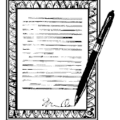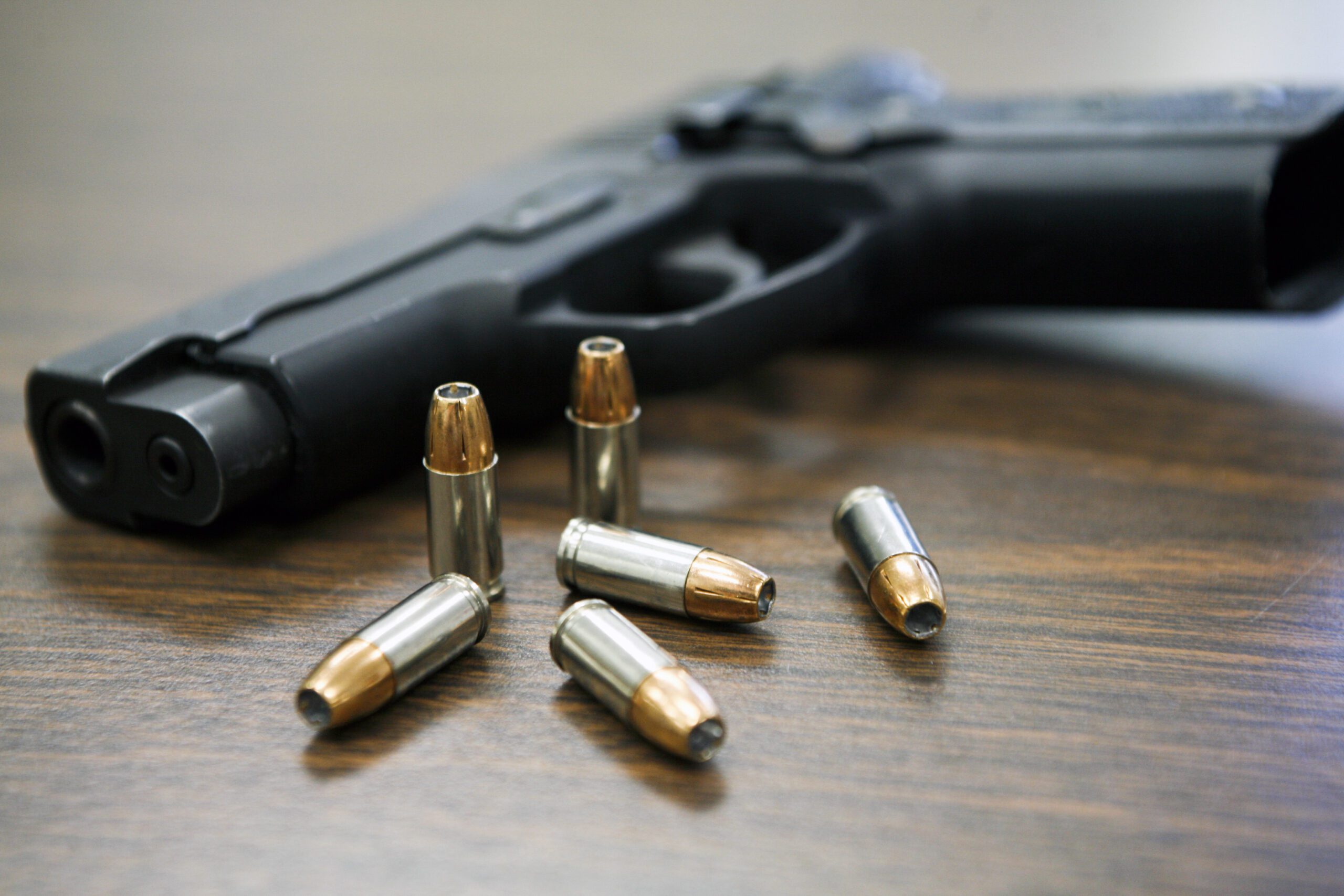Taken directly from US Dept of Education – Guidance on Constitutionally Protected Prayer and Religious Expression in Public Elementary and Secondary Schools
Note: Only some parts of the document have been posted here. Please refer to the full document for additional questions.
Original Article

Prayer During Non-instructional Time
Students may pray when not engaged in school activities or instruction, subject to the same rules designed to prevent material disruption of the educational program that are applied to other privately initiated expressive activities. Among other things, students may read their Bibles, Torahs, Korans, or other scriptures; say grace before meals; and pray or study religious materials with fellow students during recess, the lunch hour, or other non-instructional time to the same extent that they may engage in nonreligious activities. While school authorities may impose rules of order and pedagogical restrictions on student activities, they may not discriminate against student prayer or religious perspectives in applying such rules and restrictions.
Organized Prayer Groups and Activities
Students may organize prayer groups, religious clubs, and “see you at the pole” gatherings before school to the same extent that students are permitted to organize other noncurricular student activities groups. Such groups must be given the same access to school facilities for assembling as is given to other noncurricular groups, without discrimination because of the religious perspective of their expression. School authorities possess substantial discretion concerning whether to permit the use of school media for student advertising or announcements regarding noncurricular activities. However, where student groups that meet for nonreligious activities are permitted to advertise or announce their meetings—for example, by advertising in a student newspaper, making announcements on a student activities bulletin board or public address system, or handing out leaflets—school authorities may not discriminate against groups who meet to engage in religious expression such as prayer. School authorities may disclaim sponsorship of noncurricular groups and events, provided they administer such disclaimers in a manner that neither favors nor disfavors groups that meet to engage in prayer or express religious perspectives.
Prayer in Class Assignments
Students may express their beliefs about religion in homework, artwork, and other written and oral assignments free from discrimination based on the religious perspective of their submissions. Such home and classroom work should be judged by ordinary academic standards of substance and relevance and against other legitimate pedagogical concerns identified by the school. Thus, if a teacher’s assignment involves writing a poem, the work of a student who submits a poem in the form of a prayer (for example, a psalm) should be judged on the basis of academic standards (such as literary quality) and neither penalized nor rewarded on account of its religious perspective.
Prayer at Graduation
School officials may not mandate or organize prayer at graduation or select speakers for such events in a manner that favors religious speech such as prayer. Where students or other private graduation speakers are selected on the basis of genuinely content-neutral, evenhanded criteria and retain primary control over the content of their expression, however, that expression is not attributable to the school and therefore may not be restricted because of its religious (or anti-religious) content and may include prayer. To avoid any mistaken perception that a school endorses student or other private speech that is not in fact attributable to the school, school officials may make appropriate, neutral disclaimers to clarify that such speech (whether religious or nonreligious) is the speaker’s and not the school’s speech.
Baccalaureate Ceremonies
School officials may not mandate or organize religious ceremonies. However, if a school makes its facilities and related services available to other private groups, it must make its facilities and services available on the same terms to organizers of privately sponsored religious baccalaureate ceremonies. In addition, a school may disclaim official endorsement of events sponsored by private groups, provided it does so in a manner that neither favors nor disfavors groups that meet to engage in prayer or religious speech.
Religious Literature
Students have a right to distribute religious literature to their schoolmates on the same terms as they are permitted to distribute other literature that is unrelated to school curriculum or activities. Schools may impose the same reasonable time, place, and manner or other constitutional restrictions on distribution of religious literature as they do on non-school literature generally, but they may not single out religious literature for special regulation.
Refer to the post on the Equal Access Act for more information





Be the first to comment